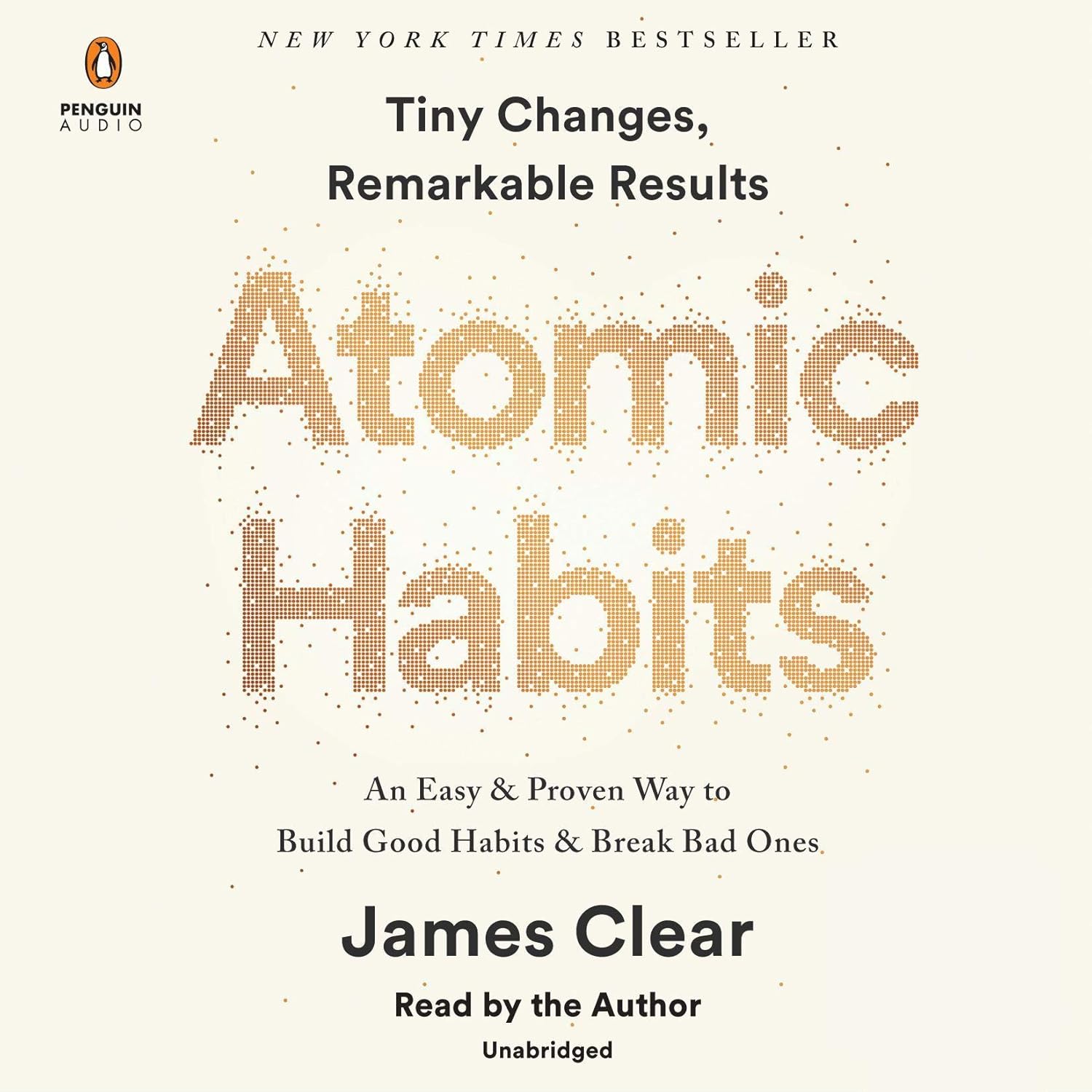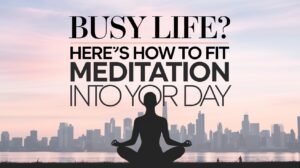Keeping up with a wellness routine helps ensure that one can have a good sense of balance of their mental, physical, and emotional state in this fast-moving world we live in. Sometimes, it gets overwhelming to listen to all the advice out there on how to make a routine sustainable. Whether your focus is on stress reduction, fitness, or mindfulness, the way to make a routine stick calls for being intentional and simple.
The following article will show ways, through actionable tips, to develop a sustainable wellness routine that works for you. Moreover, we give some excellent book recommendations to support your journey.
1. What is a Sustainable Wellness Routine?
A sustainable wellness practice is personalized, integrates activities proven to improve one’s health physically, mentally, and emotionally, and is realistic to maintain long-term. It is not about the radical, short-lived changes, but the tiny consistent habits which easily get woven into your day-to-day life.
It is all about flexibility and balance within sustainability. The practice needs to change with your needs, your lifestyle, and priorities so you could be able to have it in whatever circumstances life may test you.
2. Why Sustainability in Wellness Matters
Most people, as always, start off well, all enthusiastic, and switch off from progress after a few weeks. This mostly happens because either their goals are out of reality or just too ambitious for them to be incorporated into daily life.
A sustainable approach will make wellness seamless in your life, not another chore. With small gradual changes in life and mindful strategies for implementing them, you are likely to have long-term benefits like:
- Improved physical health
- Improved mental clarity
- Emotional resilience
- Better handling of stressors
- More energetic and productive
3. Keypoints towards a Well-rounded Wellness Routine
The development of a well-rounded wellness routine should focus on three key areas: physical well-being, mental health, and emotional balance. Here’s how to approach each one:
3.1. Physical Wellness
Physical health is the basis of overall wellness. The following should be included in your routine:
- Regular exercises: Do what you like to do such as walking, yoga, cycling, and strength training. Try to do at least 30 minutes a day, 5 days a week.
- Good sleep: Allow yourself 7-9 hours of quality sleep every night to recover and be energized.
- Good nutrition: Whole, nutrient-rich foods, fruits, vegetables, whole grains, lean proteins. Drink plenty of water and, where possible, avoid processed foodstuffs.
3.2. Mental Well-being
Mental health is equally important. The simple practices will help your mind be sharp and less stressed:
- Mindfulness and meditation: with regular mindfulness exercises, anxiety will be at bay, your focus will get sharper, and improve emotional regulation.
- Learning and growth: Challenge your brain by learning a new skill, reading, or solving puzzles.
- Digital detox: Keep yourself away from the screen regularly, especially social media, to decrease overstimulation and build clarity of the mind.
3.3 Emotional Balance
It takes nurturing relationships, caring about one’s self, and introspection to maintain one’s emotional health:
- Journaling: Writing about thoughts and feelings processes the emotions and puts them into perspective.
- Social connectivity: Significant relationships with friends, family, or support groups help foster emotional resilience.
- Self-compassion: Don’t be too hard on yourself if you happen to falter. Incorporate gratitude and recognize your attempts toward growth.
4. Practical Ways to Develop Your Wellness Plan
Sustainable habits are born out of proper intentions and gradual changes. Here is how:
4.1. Set Smart Goals
Identify areas in your life that you would like to see improved. Do you want better sleep? More energy? To feel less stressed? Ensure that your goals are specific, measurable objectives based on your needs, and then break those goals down into achievable action steps.
4.2. Start Small and Build Gradually
Instead of making an entire overhaul in your life all at once, introduce one or two small changes every week. It could be something as minor as drinking more water, showing mindfulness for five minutes, or walking every day.
4.3. Progress Monitoring
Write in a wellness journal or through apps about the things you do and your progress. This will keep you responsible for yourself and let you take notice of the gradual development you are making.
4.4. Flexibility
Life is unpredictable, and so your routine of wellness needs to meet the changes. If one day is missed, or the routine needs to be altered, then one shouldn’t be too hard on themselves. There is no need to be perfect; the idea is to be consistent.
4.5. Reward Yourself
Celebrate small victories. Give yourself rewards for every step you make in improvements, however minute. Even taking time off for an evening all to oneself counts as a reward! It helps in the reinforcement of positive behavior and will keep you motivated.
5. Overcoming Common Challenges
It’s normal when trying to create a new rhythm for your life that some challenges may arise. Following are some common problems and strategies for overcoming them:
- Not Enough Time: You can always fit wellness in little bits into your daily schedule. Take the stairs, not the elevator, or breathe while you commute.
- Lack of Motivation: When motivation goes down, remember your ‘why.’ Why am I starting this? Remind yourself of the benefits, lean on supportive friends and communities.
- Boredom: Change your routine regularly to not get stale. If you get bored with one exercise, or one type of meditation practice, try dancing, hiking, or tai chi.
6. Some Book Recommendations for Your Wellness Journey
- “Atomic Habits” by James Clear
This is a very practical guide that teaches how to build better habits which will make it easier to include wellness into your routine and have it be sustainable.
Learn how to:
- Make time for new habits (even when life gets crazy)
- Overcome a lack of motivation and willpower
- Design your environment to make success easier
- Get back on track when you fall off course
- And much more
Atomic Habits will reshape the way you think about progress and success, and give you the tools and strategies you need to transform your habits - whether you are a team looking to win a championship, an organization hoping to redefine an industry, or simply an individual who wishes to quit smoking, lose weight, reduce stress, or achieve any other goal.
- “The Power of Now” by Eckhart Tolle
Mindfulness and the art of living in the present will be discussed to guide one toward reducing stress and enhancing mental clarity.
It's no wonder that The Power of Now has sold over 2 million copies worldwide and has been translated into over 30 foreign languages. Much more than simple principles and platitudes, the book takes readers on an inspiring spiritual journey to find their true and deepest self and reach the ultimate in personal growth and spirituality: the discovery of truth and light.
- “The Miracle Morning” by Hal Elrod
This book is going to teach you how to create a morning routine that helps set up the tone for your day, increasing productivity and wellness in general.
Getting everything you want out of life isn’t about doing more. It’s about becoming more. Hal Elrod and The Miracle Morning have helped millions of people become the person they need to be to create the life they’ve always wanted. Now, it’s your turn.
Hal’s revolutionary S.A.V.E.R.S. method is a simple, effective step-by-step process to transform your life in as little as six minutes per day:
- Silence
- AffirmationsVisualization
- Exercise
- Reading
- Scribing
- “Why We Sleep” by Matthew Walker
A deep dive into the importance of sleep regarding physical and mental health; with tips for improving the quality of sleep.
The first sleep book by a leading scientific expert - Professor Matthew Walker, director of UC Berkeley's Sleep and Neuroimaging Lab - reveals his groundbreaking exploration of sleep, explaining how we can harness its transformative power to change our lives for the better.
- “Daring Greatly” by Brené Brown
The construction of emotional resilience and learning how to live a life deeply rooted within the roots of vulnerability and courage.
Every day we experience the uncertainty, risks, and emotional exposure that define what it means to be vulnerable or to dare greatly. Based on twelve years of pioneering research, Brené Brown PhD, MSW, dispels the cultural myth that vulnerability is weakness and argues that it is, in truth, our most accurate measure of courage.
Brown explains how vulnerability is both the core of difficult emotions like fear, grief, and disappointment, and the birthplace of love, belonging, joy, empathy, innovation, and creativity.
7. Conclusion
It’s not about perfection but progress in building a sustainable wellness routine. Balance, flexibility, and small, consistent changes within daily life are what will enhance physical, mental, and emotional well-being. It is important to choose habits that resonate with you, make adjustments if needed, and show self-compassion through each step of the journey.
Wellness is a lifelong journey. As your needs change, so must your routine. Keep building on what works for you, and most importantly, enjoy creating a healthier, happier life.












1 thought on “Creating a Sustainable Wellness Routine: Tips for Success”